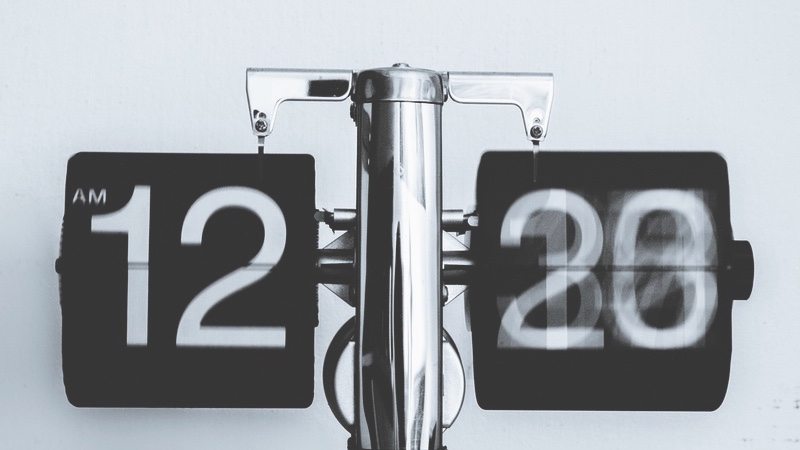Shift Time Zones
Episode #9 of the course How to get up and conquer the morning by Matt Sandrini
How would your day change if you could walk into the office an hour later?
I have good news! The concept of time is made up.
I mean, we do move through time at a constant speed and through the same vector (meaning each minute we move one minute toward the future), no mistake. But the way we measure time, it’s all man-made.
24 hours in a day? Someone in ancient Egypt decided to divide daytime into 10 units, and then add one unit of twilight at each end. That’s 12 units during daylight, 12 units at night, 24.
60 minutes and 60 seconds? The people of ancient Babylon had a thing for multiples of 60. That’s also why we divide a circle into 360, by the way.
Time zones? Totally made up. In 2010, Russia went from 11 time zones to 9.
China has one time zone, when countries around its borders have five. Nepal is +15. Minutes. Lol. And summer time? Some places do it, some places don’t. Why not?
So a few months ago, I ran an experiment. I decided to create my very own time zone.
Most people consider 8am to be early morning, but that’s only because of their evening ritual not ending before 10pm or later. Those numbers are just a convention, and yet they regulate our behavior. TV shows end at a certain time. Office work tends to start at the same time. Most people break for lunch in the same time window. But if you moved one time one ahead and kept the same daily practices, suddenly everything would appear earlier, effortlessly.
To see whether this principle would apply to my psychology without having to travel, I moved my clock forward to a different time zone. For a month, I lived in the UK while my watch and phone followed Central Europe time (+1). It worked.
Going to bed at 9pm UK was now 10pm on my phone. Waking up at 5am local time was now 6am on my watch. And because I followed my own time zone for the whole 24 hours, my whole circadian rhythm and habits adjusted. Easy peasy. The only downside? Social dinners with friends suddenly happened very late in my evening. It was like suddenly living in Spain.
Switching time zones is a great hack to get used to the morning while adjusting the rest of your day accordingly. Do you wake up at 7am? Keep waking up at 7am (just walk into the office at 10 now). Do you go to bed at 10pm? Keep going to bed at 10pm.
Keep it up for at least three weeks; it will give you a full immersion of the morning experience. Once you decide to go back to the official time zone, keep your rituals and your circadian rhythm where they are.
In tomorrow’s lesson, we will look at the role other people have in your morning routine and how to use accountability to accelerate the switch.
— Matt
Recommended book
Share with friends

